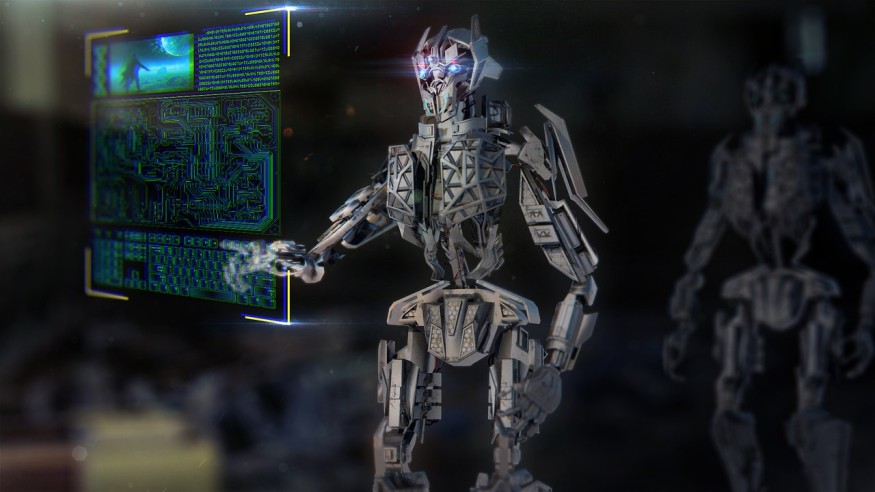
Fast and timely decision-making is an integral part of the military, whether in combat, medical or disaster relief. MailOnline reported that scientists at the US military's Defense Advanced Research Projects Agency (DARPA) believe that artificial intelligence (AI) can arrive at sound decisions faster than human commanders, who may have biases that slow down decisions.
Scientists at DARPA said that algorithms could be trained with lessons based on best practices. The technology is still in its early stages, but DARPA hopes to release it soon as the US military increasingly leans on technology to reduce human error.
US Military Aims to Replace Human Commanders With AI to Make Decisions on the Battlefield
In the Moment: DARPA's New Technology Could Make Difficult Decisions at the Battlefield
DARPA has named its latest initiative "In the Moment" as it can make decisions fast without any biases, which is usually the concern of human commanders. As a research and development agency of the US military, DARPA aims to remove human bias in decision-making and save more lives through technology.
They said that it will take about two years to train and another 18 months to prepare before it can be ready for the real-world scenario. Sally A. Applin, an expert in the interaction of AI and ethics, told Washington Post that AI could set a precedent in making life or death decisions on the battlefield.
DARPA announced the ITM earlier this month, explaining that its first task will be to work with trusted human decision-makers to explore the best options when the best or agreed-upon correct answer is not available. ITM project manager Matt Turek assures that the development of the new technology is different from the typical AI that requires human agreement with the right outcomes
As MailOnline reported, the team takes inspiration from medical imaging analysis, in which techniques are developed for evaluating systems even when skilled experts disagree. Turek said that ITM will develop a quantitative framework from medical imaging insights to evaluate decision-making by algorithms during difficult situations.
He added that the technology will be based on realistic and challenging decision-making scenarios and map its responses and compare them to human decision-makers.
ALSO READ: Will AI Takeover Humanity? Advanced Robots May Now Have Consciousness
AI Can Amplify Human Effectiveness, Threaten Human Autonomy
AI systems rely on Artificial Neural Networks (ANNs) that can be trained like neurons in brains to recognize patterns in the information. It has become the basis for many AI developments over the years. These developments helped humans in many tasks that were once impossible.
According to Pew Research Center, experts believe that AI will amplify the effectiveness of humans. However, it also could threaten their autonomy and capabilities.
They have discussed the possibility of computers exceeding human intelligence, just like how they are now being developed to make decisions and drive vehicles. These smart-systems aim to save time, money, and lives and offer a more customized future.
Despite this, they have expressed concerns about the long-term impact of these new tools on the essence of being a human. Many people shared their deep worries and suggested pathways toward solutions, such as living in the Metaverse and living physical bodies behind to live infinitely.
RELATED ARTICLE : Robotic AI Nanny Can Take Care of a Fetus Inside an Artificial Womb
Check out more news and information on Artificial Intelligence in Science Times.
© 2025 ScienceTimes.com All rights reserved. Do not reproduce without permission. The window to the world of Science Times.












